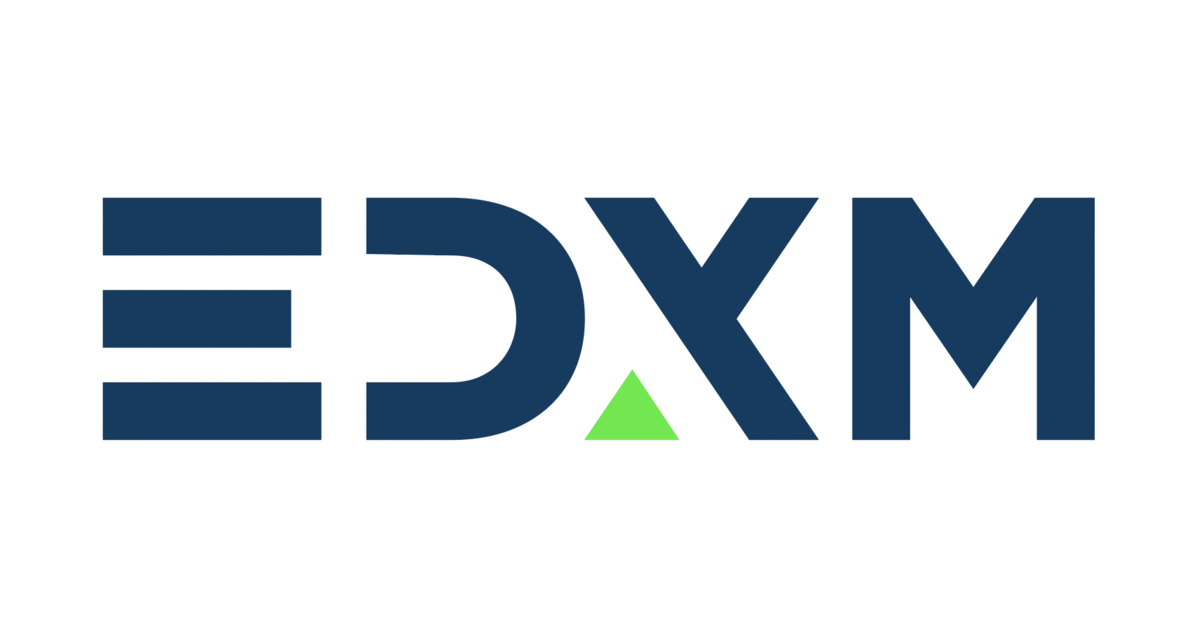PayPal CTO: The development of cryptocurrencies must focus on consumer demand, and digital currency is inevitable
Sri Shivananda, chief technology officer (CTO) of Paypal, said cryptocurrency developers must pay close attention to consumers if they want the industry to flourish.

Source: Pixabay
According to the Economic Times on March 9, Sri Shivananda is an eBay veteran who has been with PayPal since 2016. He spoke at the Economic Times (ET) Global Business Summit.
- Venture capital observation: after the epidemic "test", the development of the blockchain industry can be expected
- DeFi Weekly Selection | DEX scale has increased nearly 4 times in 3 months, and the centralized platform is gradually diminishing?
- Babbitt weekly election 丨 Global crisis triggers bitcoin avalanche, but frequent supervision is good for long-term trends or unchanged
Shivananda pointed out in his speech that in many cases cryptocurrencies have become more similar to "asset games" rather than currencies. He says:
"The main thing to keep in mind in this business is to focus on consumers. If consumers start to feel that they can gain some kind of leverage (or influence) through cryptocurrencies, everything else will automatically adapt."
Currency digitization is a "when and not" question
From his point of view as an executive in one of the oldest participants in the digital payment industry, Shivananda believes that digital currency is inevitable and it is a question of "when and not whether."
He said its future will take shape to reflect the involvement of consumers, businessmen, fintech corporate regulators and governments.
He noted that alternatives to cryptocurrencies have had great success. National Payments Corp. has been operating a unified payment interface (UPI) for e-commerce transactions, which allows small payments and personal-to-person payments:
"The work done by UPI is indeed encouraging. This model is not only implemented, but it is also operational, and every company in every country and around the world should study and draw inspiration from it to see if it can be replicated globally.
PayPal decides to leave Libra
Shivananda used his platform at the summit to comment on Paypal's decision to withdraw from the Libra Association in October 2019, about five months after joining the Libra project.
Although the company pointed out regulatory concerns at the time, Shivananda raised another reason for PayPal's departure. He said that although the company initially believed that Libra's intention was to help "people who do not have enough banking services and are still not supported by the banking system today," PayPal later "would not be the case in the short to medium term."
Shivananda's comments were made during a period of very active cryptocurrency industry in India.
Last week, the Indian Supreme Court overturned the Reserve Bank of India (RBI) ban on banks from providing services to cryptocurrency-related companies, and the industry celebrated a historic victory.
However, uncertainty remains, and based on the recommendations, the RBI plans to appeal the ruling. In addition, the prospect of cumbersome regulation specifically for cryptocurrencies-even a potential asset class ban-will be determined through a deferred legislative bill whose future remains unclear.
We will continue to update Blocking; if you have any questions or suggestions, please contact us!
Was this article helpful?
93 out of 132 found this helpful
Related articles
- The currency market and the stock market fell, and the bitcoin that was suddenly sold out was caught up in the "oil war"?
- Starting from the hash function, this article tells you exactly what hash ideas and hash table construction are.
- Valuing BTC through production costs, which will exceed $ 13,000 when halved
- Anti-epidemic survey report of the blockchain industry: What is the impact? What are the new opportunities?
- Bitcoin has fallen by 16% in two days, and the myth of hedging has been shattered?
- Science | What is a sparse Merkel tree multivalued proof
- Weekly development of industrial blockchain






